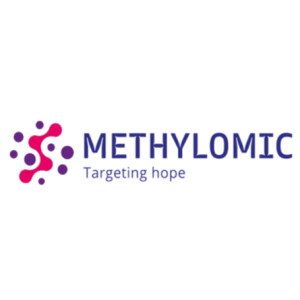 \
&
Contact us
\
&
Contact us
 \
&
Contact us
\
&
Contact us
Climate change and environmental degradation are an existential threat to Europe and the world. To overcome these challenges, Europe states it needs a new growth strategy that transforms the Union into a modern, resource-efficient and competitive economy where
This will happen by turning climate and environmental challenges into opportunities across all policy areas and making the transition just and inclusive for all.
New technologies, sustainable solutions and disruptive innovation are critical to achieve the objectives. The full range of instruments available under the Horizon Europe programme will support the research and innovation efforts needed.
But to respond to the ambition of the European Green Deal objectives, Horizon 2020 will support Green Deal related research and innovation with a call close to 1 billion €. The draft workprogramme is available, the final version is expected to be published late August.
The EU will also provide financial support and technical assistance to help people, businesses and regions that are most affected by the move towards the green economy. This is called the Just Transition Mechanism and will help mobilise at least €100 billion over the period 2021-2027 in the most affected regions through:
On this NCP Flanders webpage you will find
info@ncpflanders.be
+32 2 550 15 65
Infosheets contain edited content on aspects related to this programme. They are reviewed at least yearly.
Related links are easy pointers towards external information. We curate the list, but are not liable for the destinations.
Documents contain additional information related to this programme, and are similar to related links.

The METHYLOMIC project, ‘targeting hope for personalised medicine in immune-mediated inflammatory diseases’ obtained funding from Horizon Europe’s Health Cluster. The project aims to personalise treatment allocation and enhance the effectiveness of medications for chronic immune-mediated diseases such as Crohn’s disease, rheumatoid arthritis, and psoriasis. BIRD, the Belgian inflammatory bowel disease research and development group, is a partner in the project and is involved in the OmiCrohn trial, a prospective randomised clinical trial for individualised therapy in Crohn’s disease patients. With BIRD’s active role in this trial, the project is set to deliver predictive, biomarker-based therapies that bring renewed hope for Crohn’s disease patients across Europe.